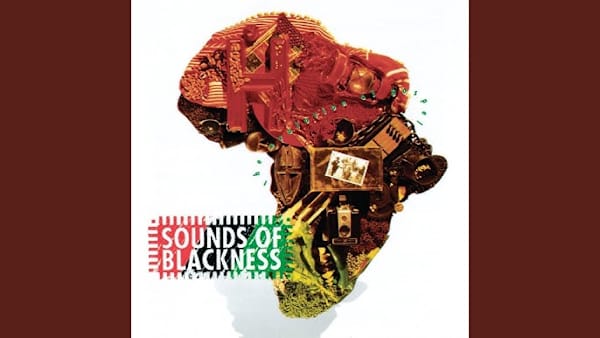Let's talk about social contracts within community. But first, what is a social contract? In layman's terms, it is an unspoken agreement (no one signed anything) we all make to live together in a civilized society. I'm going to use a story from my old neighborhood to show you what that looks like in action.
Sometimes I miss my old neighborhood. It was majority Mexican, with us Black folk bringing up the rear. We had ONE white family. Just one. Early on, they got into it with a Mexican family, and after getting tore up from the floor up—I mean that Mexican woman tossed that white gal around like laundry—we had no more problems with them. And honestly? That was the best community experience I've had since leaving Mississippi.
My next-door neighbor couldn't speak a lick of English, and baby, I only know a few words of Spanish, but we had Google Translate and we used that shit faithfully. She received WIC for her babies, and whenever she had an overflow, I'd wake up to bags of juice, milk, cereal, and eggs at my door.
I loved me some carne asada tacos, and the Mexican spot next door had the best. I'd give her a twenty (they used to be a dollar on Wednesdays) to get tacos for all of us—her and her babies included. She'd add her own money and bring back street corn and other goodies. We'd sit on our front porches while our kids played together. No issues.
They had two cars: a work truck for her husband and a small Bug. She had no license. I had no car, but I had a license. Guess what she did? Brought me the keys to the Bug so I could drive our kids to school every morning. When we needed something from the store and her husband was at work, she'd hand me the keys and off we went.
One of her cousins loved my sister's dirty drawers (yeah, she lived in the same complex). This man would get pissed when my sister refused to take money from him. He'd have one of the little kids translate—told his nephew to tell my sister to take his fucking money or he wasn't coming over to eat no more. My sister spoke no Spanish and he spoke no English, but they made it do what it do. That man showed up at my sister's door every payday with his toolbox. She cooked, and he found something in her apartment to fix. He was going to find something to do before he sat down to eat whatever she had cooked.
On any given day or evening, you'd smell seasonings from Mexican culture mingling with the spices of Black-American cooking. Hip-hop and Mexican music blended on the airwaves. Laughter and squeals of delight from our children—happily and safely running around the complex—filled the air.
And on that one fateful evening when gunshots rang out and rocked our community, it was Mexican men who showed up at my door, armed, asking if me and my children were okay. It was the Mexican women who ran to me—not only asking me to speak for them, but making sure my kids and I were safe. And while the cops were there? Nobody knew shit about nothing. We didn't know a damn thing.
Slowly but surely, the other Black families in the complex showed up. They, too, wanted to make sure all of us were safe.
And we were.
By way of the social contract we'd all signed, the Community thrived—if only for a short time.
As time rolled on, new property management took over. Things changed rapidly. My neighbors started moving. The Community started unraveling. My next-door neighbor was one of the first to leave. We cried. We hugged. We waved goodbye, knowing there was a high probability we'd never see one another again. (We ran into each other maybe twice around the county, but that was almost ten years ago.) Soon after, my sister and I moved too. The Google reviews on the property dropped from 4.8 stars down to 2.9.
And years later, when I drove through the old neighborhood... that ONE white family was still there.
I found it quite interesting—socially speaking—that the ONE white family was able to survive no matter how many times the property management changed. My working theory? The white family signed a social contract with the establishment, while us racialized people signed a social contract with one another—with the community.
That's the lesson: A social contract isn't paperwork; it's daily practice—sharing keys, food, rides, labor, language, and care. When we all do our part, the community thrives. When systems change and people stop investing in one another, the contract loosens—and so does the bond.
